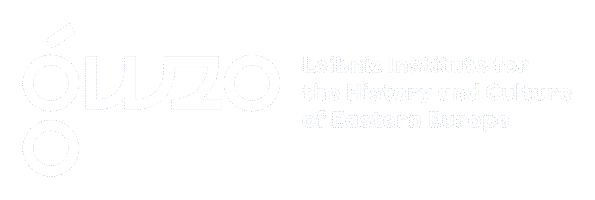Exploring “Neighborhood Heritage” in Tbilisi – the second PhD School of the CBC Project
During the first week (4th to 8th) of September, 2023, the CBC project organized in Tbilisi, Georgia, the PhD School” Neighborhood Heritage. Urban layers, physical environments and living communities in the post-socialist/-Soviet city” with the generous support of Ia Kupatadze from the local Ilia State University.
For 5 days, the participants took part in a variety of formats and exchanges: four lectures delivered by our guest speakers, four rounds of student presentations, a workshop exploring the layered heritage of Tbilisi’s neighborhoods, and an enthusiastic roundtable discussion with local experts.
Our 20 participants came from 8 countries (Georgia, France, Romania, Germany, Russia, Uzbekistan, Estonia, China), having different disciplinary backgrounds: architecture and urbanism, geography, cultural studies, sociology and anthropology.
On Monday, the PhD School officially opened with the warm welcome of Prof. Nino Dobojginidze, Rector of Ilia State Univeristy and Prof. Barbara Engel, CBC project lead. We were then introduced to the history of Tbilisi by Nano Zazanashvili. After an informal getting together, we continued with two lectures by Prof. John Pendlebury (Newcastle University), member of the CBC Advisory Board, and Angela Wheeler (Harvard University, online).
On Tuesday, the students got the opportunity to present their research and received feedback from the professors and fellow students. In the afternoon, we started of the workshop by preparing the concept, strategy and methodology in consultation with advisors. The participants were divided into 3 interdisciplinary groups, each working on a different neighborhood (Old Town, Vake and Gldani).
The student presentations continued on Wednesday morning, while in the afternoon (despite the heat), the students conducted fieldwork in the chosen neighborhoods. The day ended with a roundtable discussion on current developments in the field of housing and heritage with experts from Tbilisi (Davit Asanidze, Elena Darjania, Irakli Jvania, Ioseb Salukvadze, Nano Zazanashvili) and Yerevan (Sarhat Petrosyan).
On Thursday, Pietro Elisei, President of ISOCARP, gave an insightful presentation on how to finance research and city-oriented policies in the European context, after which the three groups prepared their presentations.
On Friday morning, we looked at the workshop presentations and listened to the final lecture by Maria Gunko (University of Oxford, researcher in the project Emptiness), and Sarhat Petrosyan from urbanlab Yerevan.
Besides good memories, tasty souvenirs and hundreds of photos of Tbilisi’s architecture, we took away with us some lessons on the merits of interdisciplinary work, the joy of exploring different and creative methodologies, and the importance of creating a safe space (both professional and personal) for discussing post-Soviet urban transformations. Debating theories, researching specific case studies and learning to how develop and finance policies are just differed means for finding new ways of taking care of the existing environment.
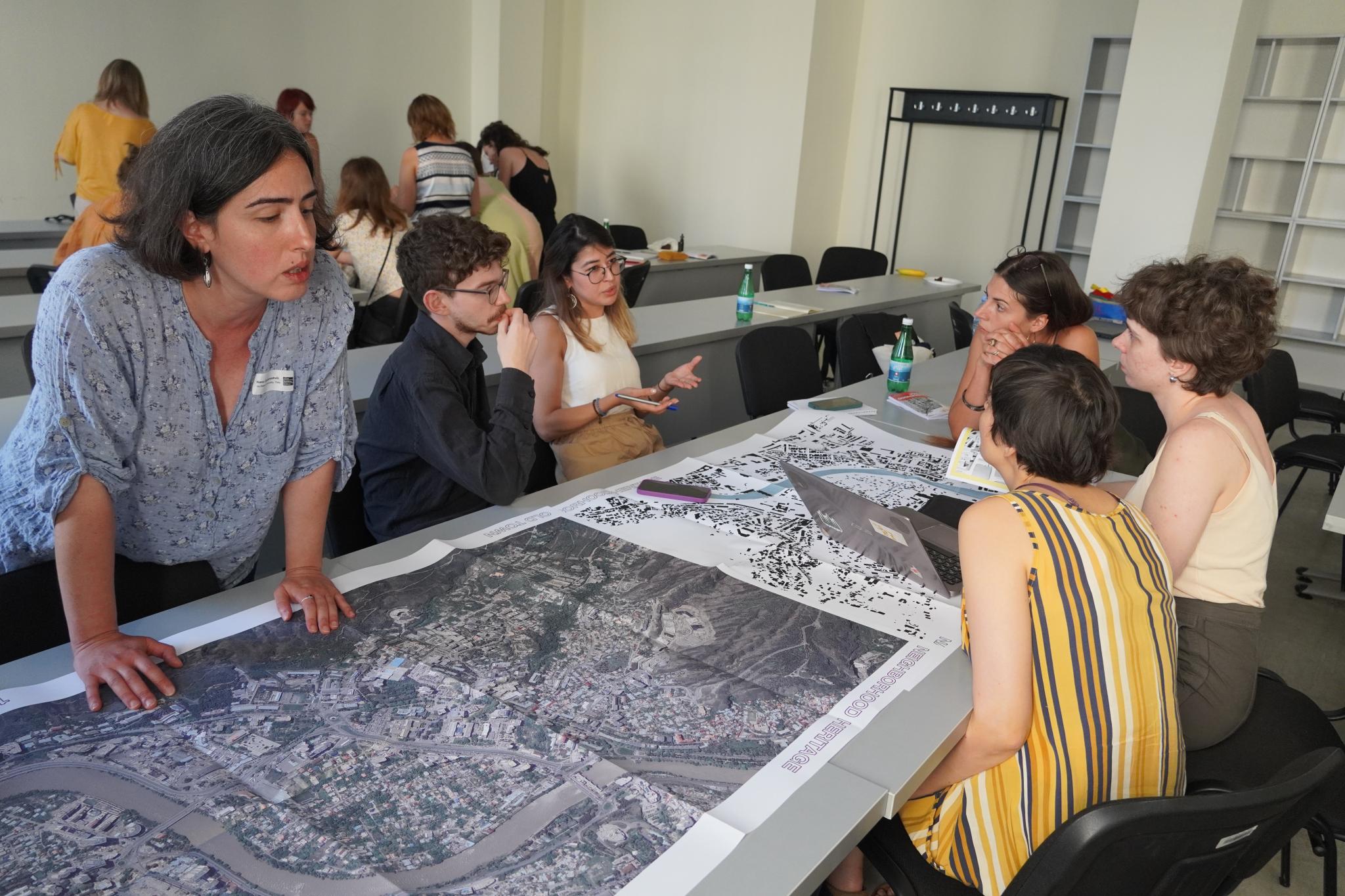
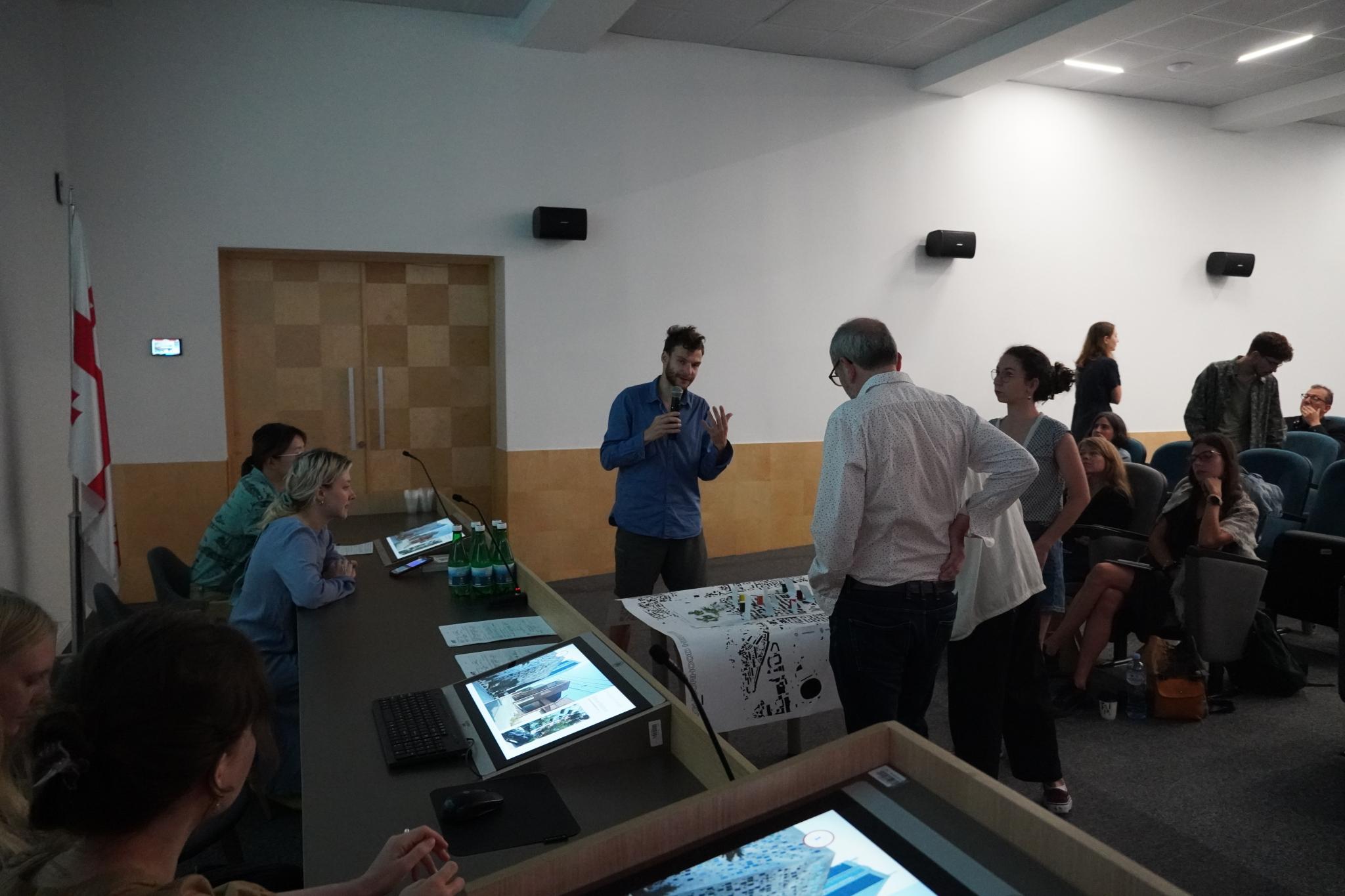
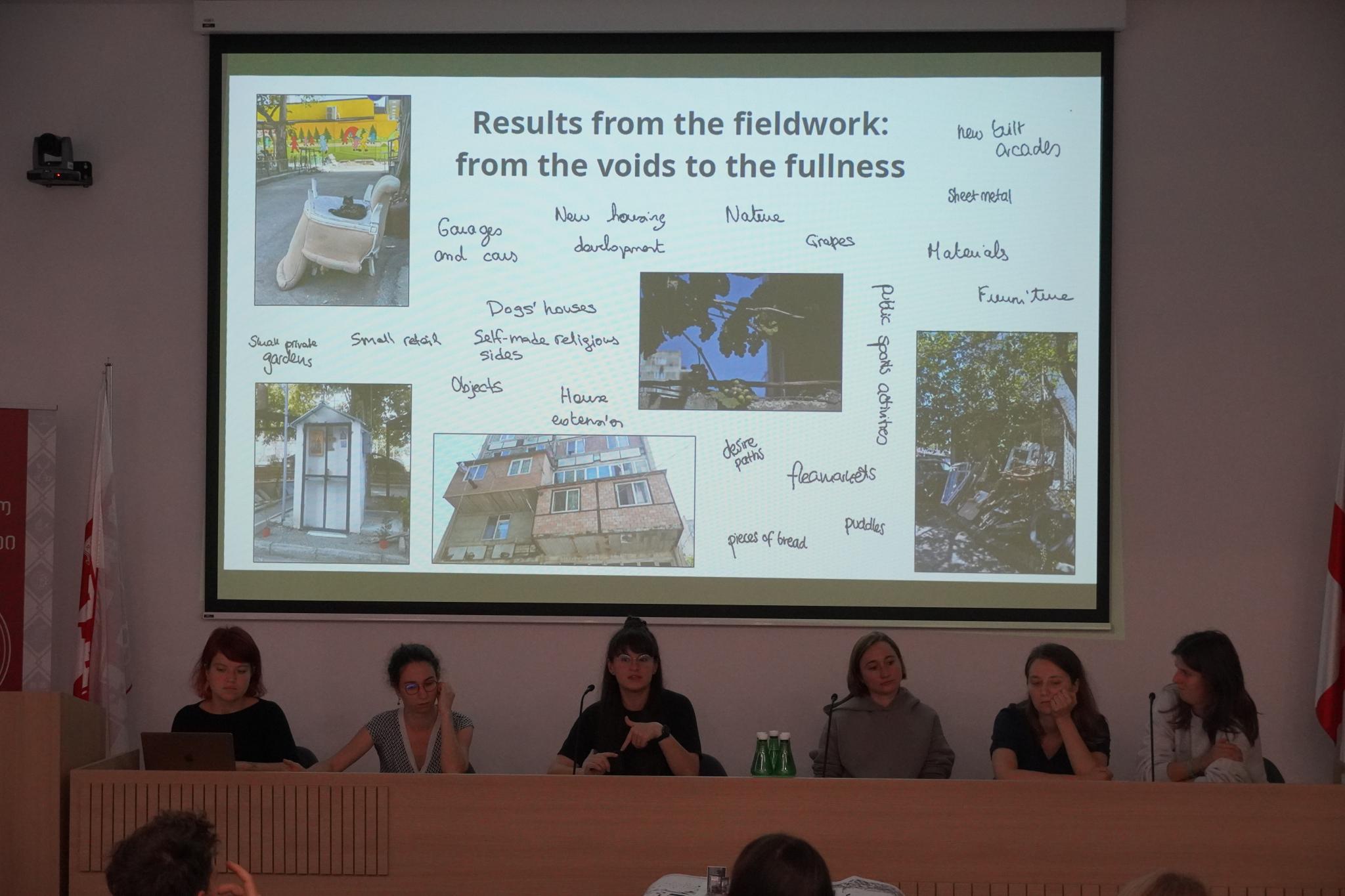
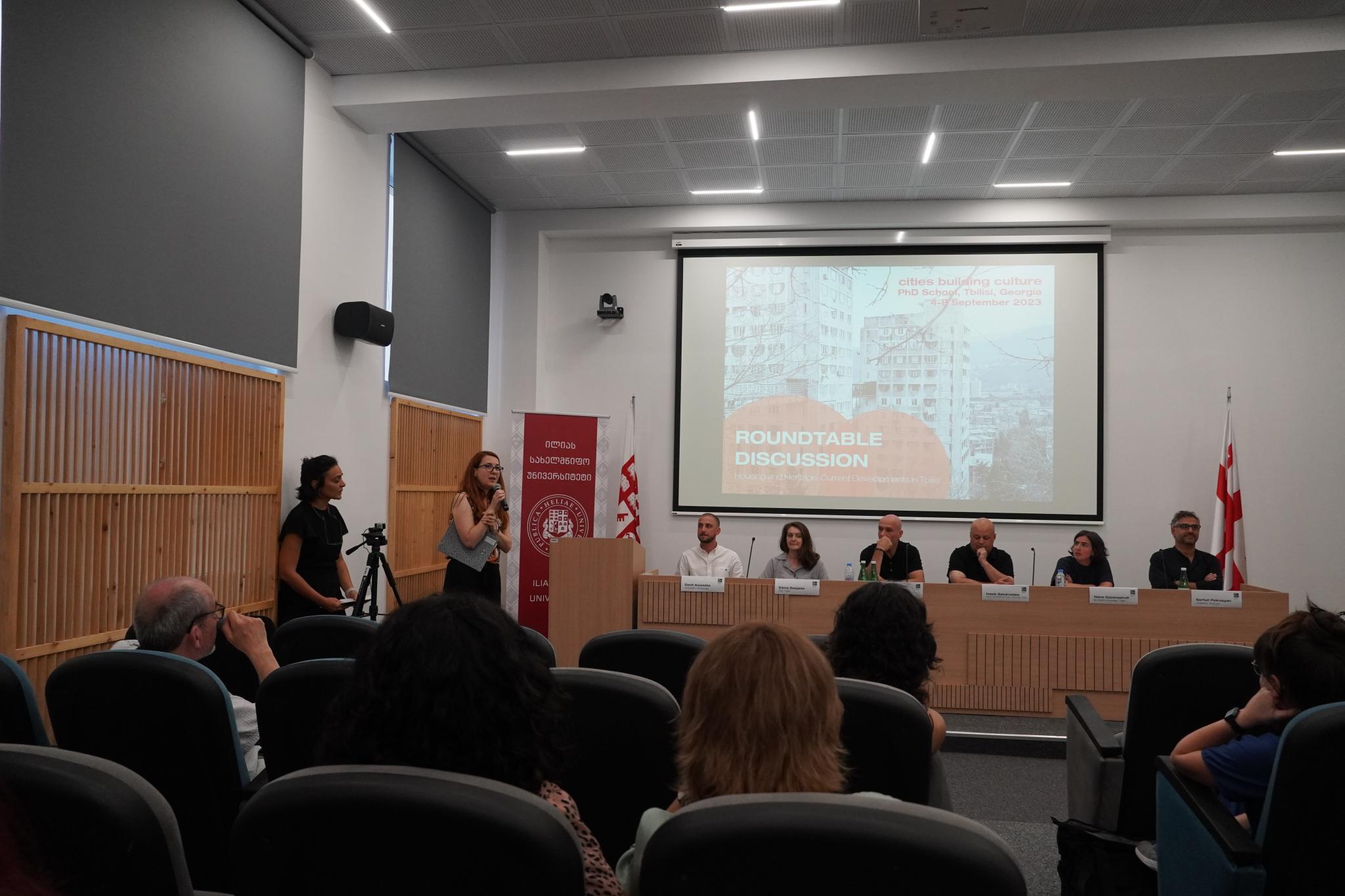
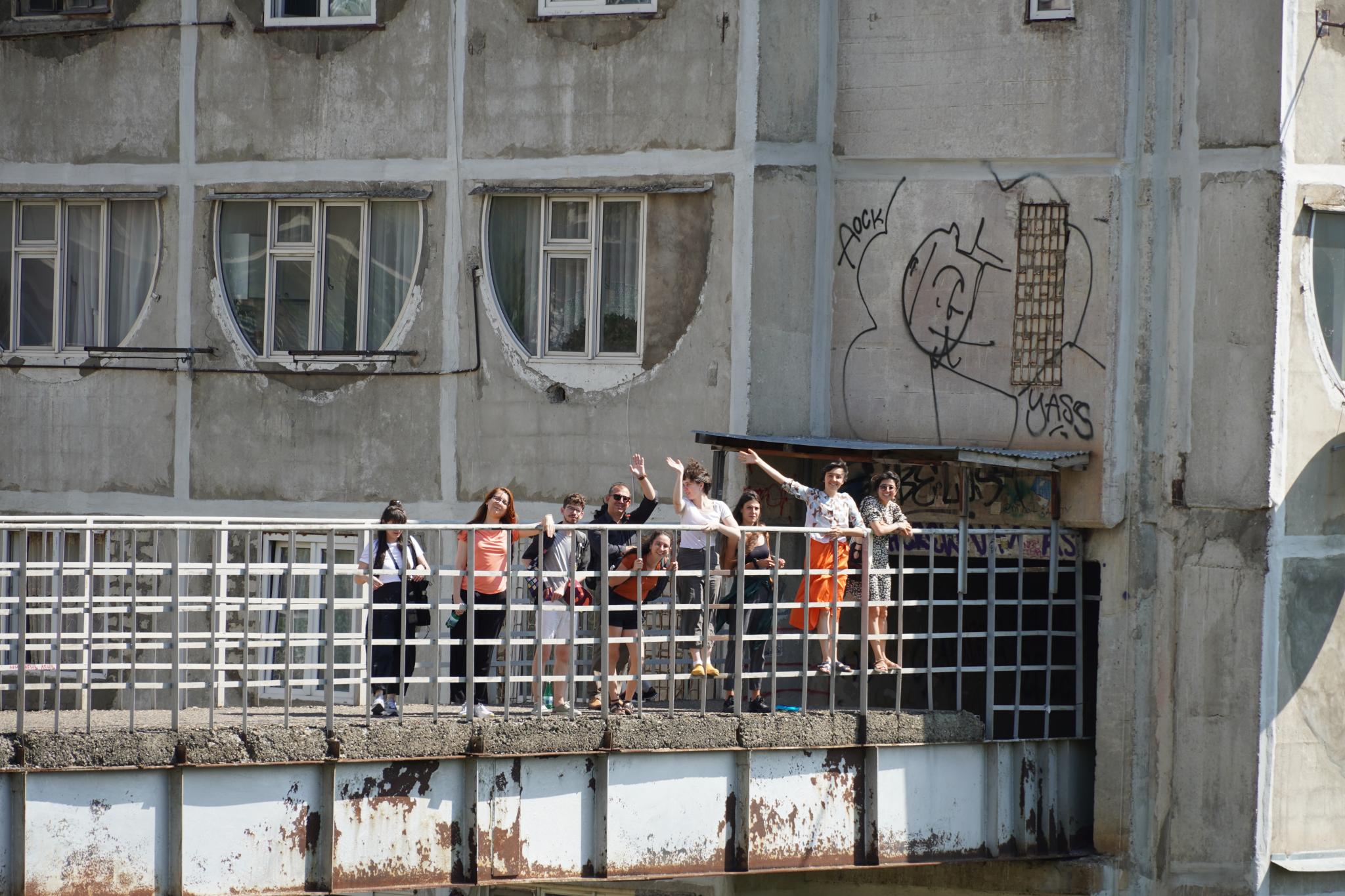
© Caner Telli

